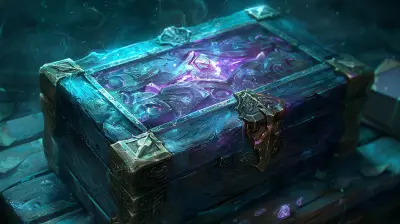Card Game Strategies for Beginners and Pros Alike
16 July 2025
Card games aren’t just about luck. Sure, the right card at the right time can change everything, but seasoned players know the real magic lies in strategy. Whether you're just dipping your toes into the world of card games or you're a battle-hardened pro looking to sharpen your edge, this guide is your ace in the hole.
Let’s break down the best card game strategies—from noob-friendly tips to high-level tactics that'll make your opponents sweat bullets.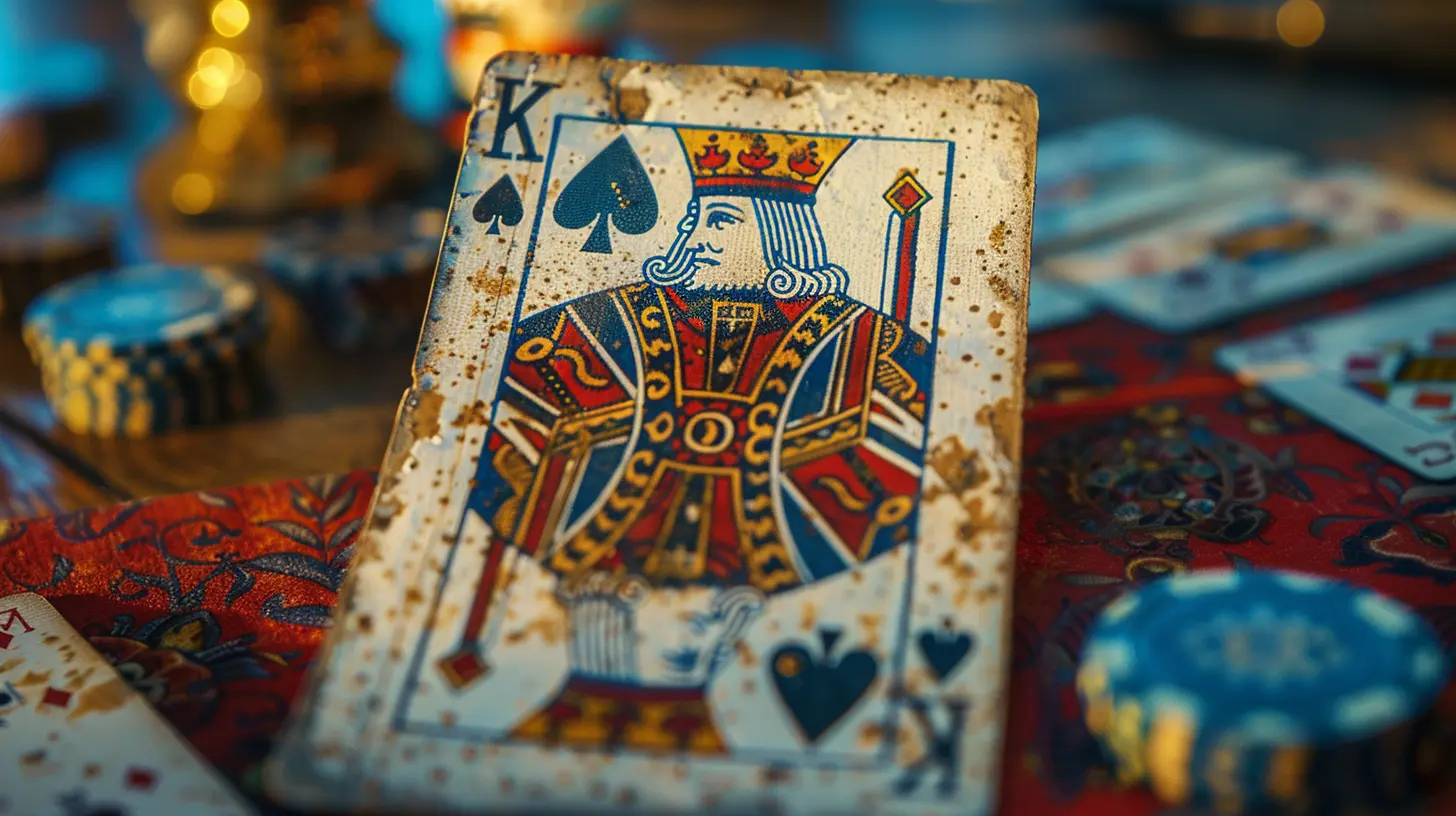
Why Card Games Are More Than Just Fun
Before we dive into the nitty-gritty, let’s get one thing straight: card games are basically mental gymnastics meets poker face. They challenge your memory, boost critical thinking, and hone your ability to read people like a book.Whether it's a casual round of Uno with friends or a cutthroat Magic: The Gathering tournament, card games offer an intense battle of wits. So, trust me—mastering strategies can do more than just improve your win rate. It’s like leveling up your brain.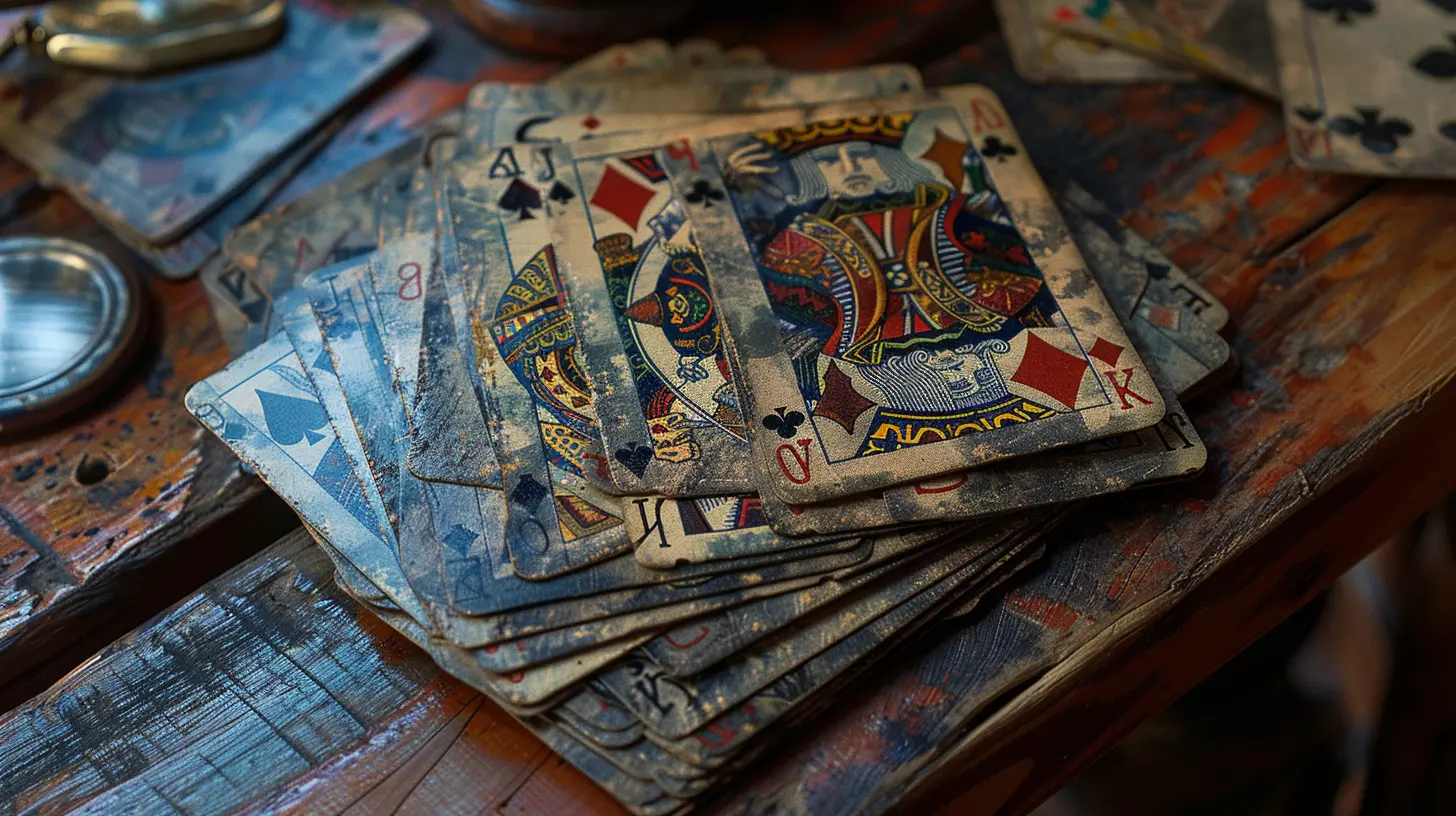
Beginner Card Game Strategies: Start Smart
If you’re new to the game table, take a breath. We all start somewhere, and the best way to learn is to play smart, not hard. Here’s how to step up without getting overwhelmed.1. Know the Rules Cold
Sounds obvious, right? But you’d be surprised how many players jump into a game without actually knowing how things work.Pro Tip: Don’t just read the rules—watch videos, play demo rounds, and ask questions. The better you understand the game mechanics, the easier it is to spot when something weird (or sneaky) is going down.
2. Start With Simpler Games
Poker, Rummy, Go Fish, Uno—these are great learning tools. They might seem basic, but they teach you the fundamentals like hand management, bluffing, probability, and timing.Think of it like learning to walk before you try parkour.
3. Watch Other Players
Ever seen a pro player make a move that made everyone at the table groan? That’s the kind of intuition and experience you gain by watching others. Take notes on what works—and what bombs.Hot tip: Twitch streams and YouTube are gold mines for this.
4. Keep a Poker Face (Even If You’re Not Playing Poker)
Body language gives away more than you think. Even in non-bluffing games, being too expressive can make you predictable. So stay cool, even if you just picked up the best card in the deck.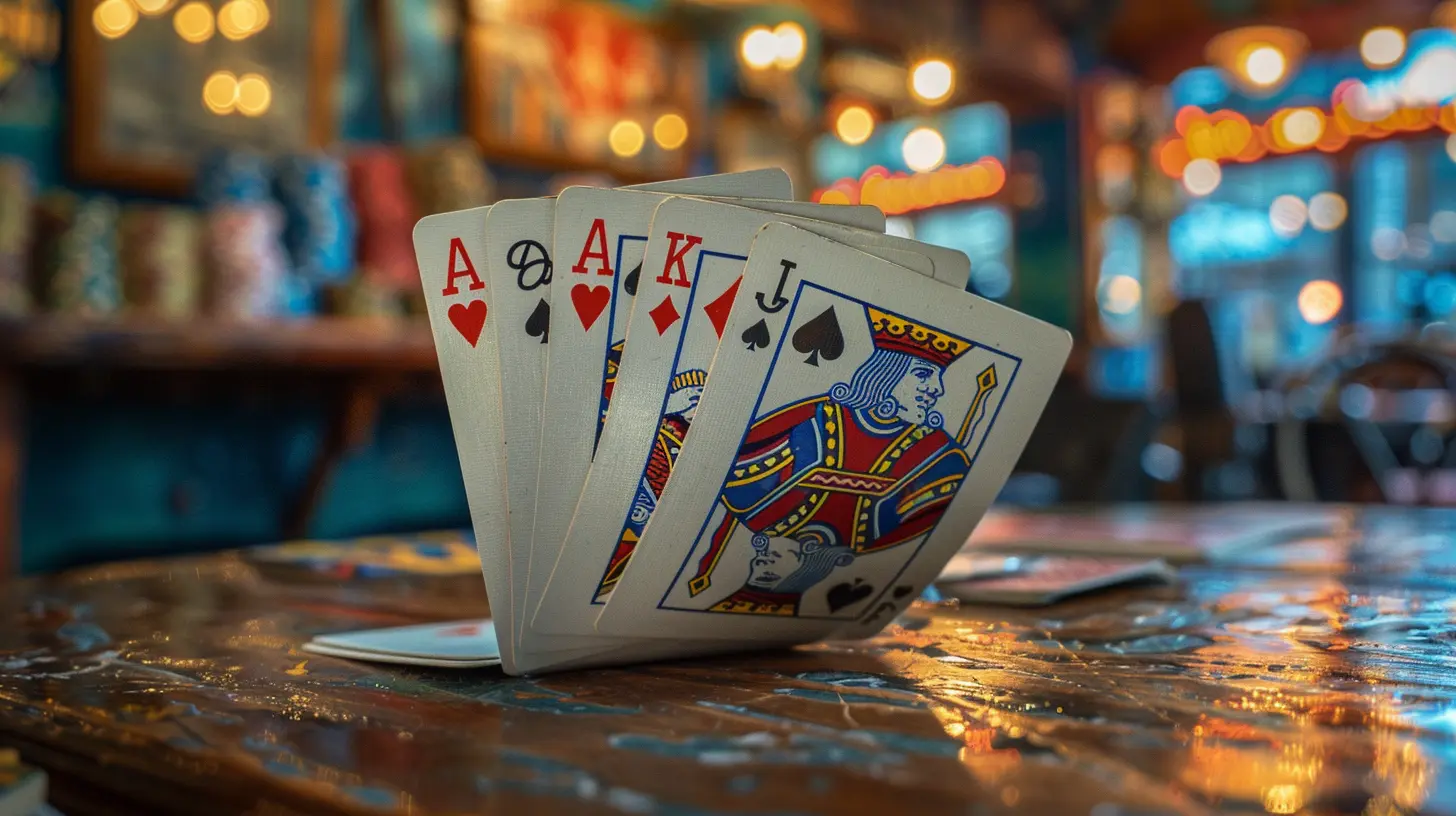
Intermediate Strategies: Now We’re Getting Serious
Once you’ve got the basics down, it’s time to up the ante. This is where you start seeing card games as calculated battles, not just casual fun.1. Count Cards (Not Just in Blackjack)
We’re not talking about illegal casino moves here—it's about keeping track of what’s been played. Knowing, say, three of the four Aces are already out can seriously influence your decisions.Card counting is like playing chess while everyone else is just moving pieces.
2. Manage Your Hand Like a Pro
Don’t blow your best cards too soon. Pace yourself. Save powerful combos for when they’ll pack the most punch—like a well-timed dropkick in a wrestling match.Think ahead. What’s your endgame? What are your opponents trying to set up?
3. Adapt Your Strategy Mid-Game
The mark of a solid player is their ability to pivot. Maybe you started off strong, but things took a nosedive. Or maybe an opponent pulls a sneaky move you didn’t expect. Don’t panic—adjust.Flexibility beats rigidity. Every. Single. Time.
4. Learn Opponent Patterns
Pattern recognition is your secret weapon. Some players ALWAYS play aggressive. Others cling to their cards like they’re gold. Learn how they play, and use it against them.Poker players call this “reading tells.” But in any card game, it’s just being observant.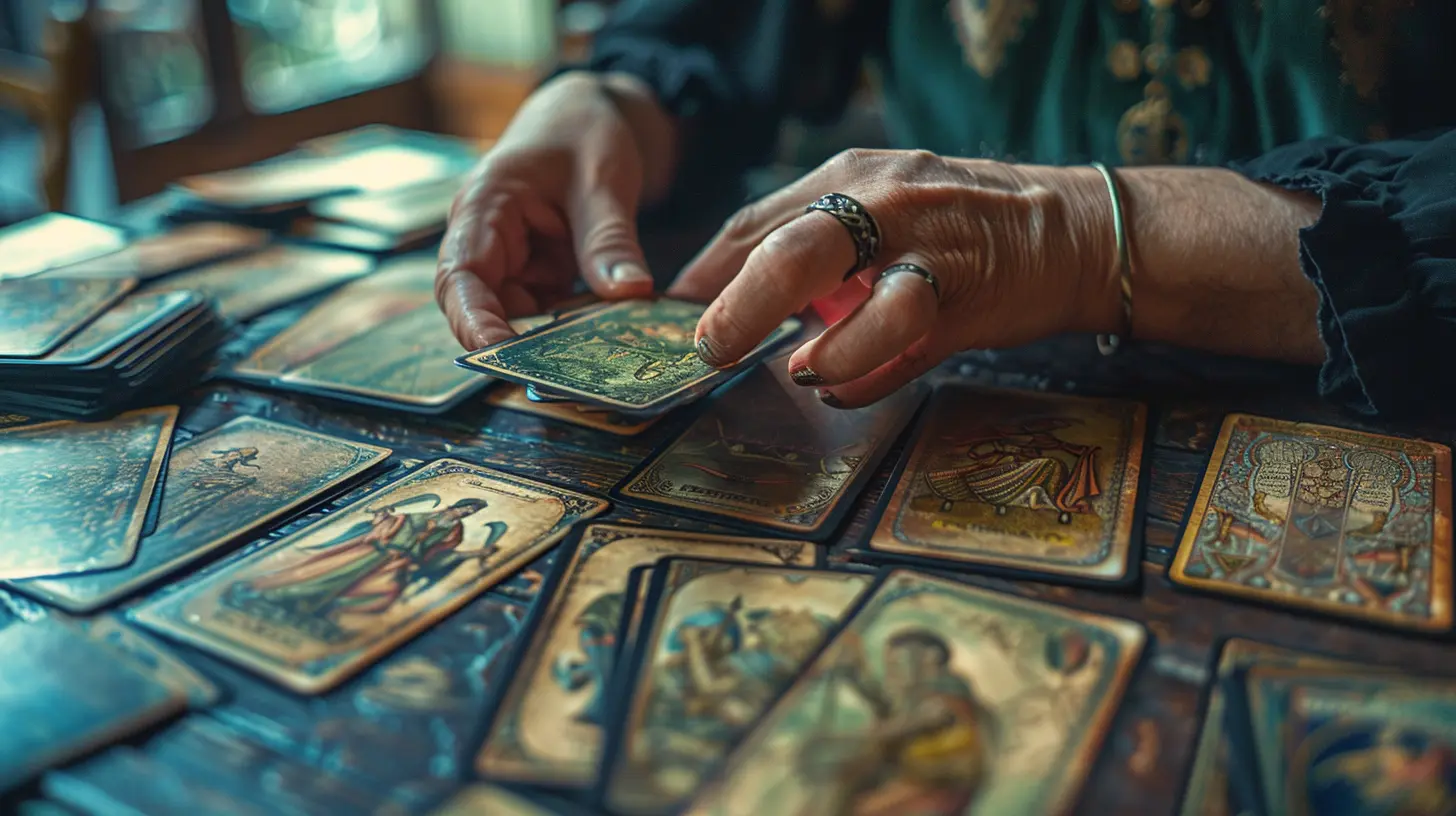
Advanced Strategies for Card Game Veterans
Ready to go toe-to-toe with the best of the best? Good. Because this section is for the players who already know the dance steps and are now ready to choreograph their own routines.1. Master the Meta
If your game of choice has a competitive scene—like Yu-Gi-Oh!, Magic: The Gathering, or Hearthstone—then you need to understand the current meta. That’s short for “most effective tactics available.”Know which decks are trending. Understand the current hot mechanics. And either build a deck to match the trend or one that totally counters it.
Play the game before it’s even started. That’s elite thinking.
2. Deck Optimization
Building your deck isn’t just throwing cool cards together. It’s about synergy, balance, and knowing what works in the long haul.- How many high-cost vs. low-cost cards?
- Are you too heavy in one color/suit/type?
- Do your cards support each other’s abilities?
Review and tweak constantly. Your deck should never be static.
3. Bluff Like a Legend
This isn’t just poker anymore—bluffing applies to games like Euchre, Spades, and even collectible card games. Make moves that mislead your opponents. Play a weak hand confidently. Fake hesitation when you’ve got a bombshell card incoming.Just don’t go full drama class. Keep it subtle but effective.
4. Mind Your Timing
When you play your cards matters almost as much as what you play. Waiting one more turn might give you just the edge you need—but wait too long, and it could backfire.Timing is rhythm. And rhythm is everything.
Common Mistakes That Wreck Your Game
Even great players slip up. But if you know what to avoid, you’ll sidestep these classic pitfalls like a ninja in a laser field.1. Playing Emotionally
Lost a round? Don’t go full tilt. That’s when mistakes pile up. Stay logical. Your brain wins games—your ego doesn’t.2. Ignoring Probabilities
If you’re hoping for a miracle card every turn, you’re not strategizing. You’re gambling. Think about your odds. Are you counting on a 1-in-40 draw? Then maybe don’t build your plan around it.3. Overcomplicating Your Strategy
Keep it tight. Keep it simple. A multi-layered plan is great—until it collapses like a Jenga tower when one piece goes missing.Tips for Improving Long-Term
If you’re serious about leveling up, then make constant improvement your mantra.1. Analyze Your Games
Take mental (or physical) notes after each game. What worked? What blew up in your face? What could you try next time?Better yet, record your matches if you're playing online. Watching yourself play is a game-changer.
2. Join a Community
There are tons of online forums, Reddit threads, and Discord servers out there just packed with people who love the same game(s) you do. Share ideas. Test decks. Trash talk (nicely).3. Stay Updated
Patch notes, card releases, balance changes—these things can flip the game on its head overnight. If you snooze, you lose.Top Strategic Card Games to Try (If You Haven’t Already)
Ready to test your skills on new battlegrounds? Here are some killer card games that put strategy front and center.- Magic: The Gathering – Complex, customizable, and dripping with strategy.
- Poker – The king of bluff and psychology.
- Hearthstone – Quick, digital, and loaded with combo-focused gameplay.
- Euchre – Trick-taking fun with a focus on team play and strategy.
- Dominion – Deck-building meets medieval conquest.
- Gwent – From The Witcher universe, and relentlessly tactical.
Each of these demands different kinds of strategic thinking. Try them all and find out where you dominate.
Final Thoughts: Strategy Is the Real MVP
Let’s recap. Card games are not just about good draws—they’re about good decisions. Beginner or pro, your choices shape every turn, every battle, and every win.If you’re just starting out, don’t stress. Start small, stay curious, and play often. If you’re a seasoned vet, remember: complacency kills. Keep evolving.
Bottom line? Your deck isn’t the only thing that needs shuffling. Sometimes, your mindset does too.
Now grab that deck, shuffle up, and show ‘em what you’ve got.
all images in this post were generated using AI tools
Category:
Card GamesAuthor:

Madeleine McCaffrey
Discussion
rate this article
2 comments
Reina Hughes
Card games transcend mere chance, embodying a dance between strategy and psychology. For beginners, the allure lies in learning the rules; for pros, the challenge evolves into mastering risk and deception. Ultimately, each hand dealt reflects our choices, shaping not just gameplay, but our understanding of life itself.
October 30, 2025 at 5:00 AM

Madeleine McCaffrey
Thank you for your insightful comment! Card games indeed offer a fascinating blend of strategy and psychology, making them a rich experience for players at every level.
Rivera McDonald
Ah, the eternal struggle of card games: where even the pros trip over their own strategies! Whether you’re a newbie fumbling with your first hand or a seasoned player basking in glory, remember: it’s not just about the cards you hold, but the attitude you bring. Game on!
July 21, 2025 at 3:03 AM

Madeleine McCaffrey
Absolutely! The journey in card games is all about learning, adapting, and enjoying the process—regardless of skill level. Game on!

